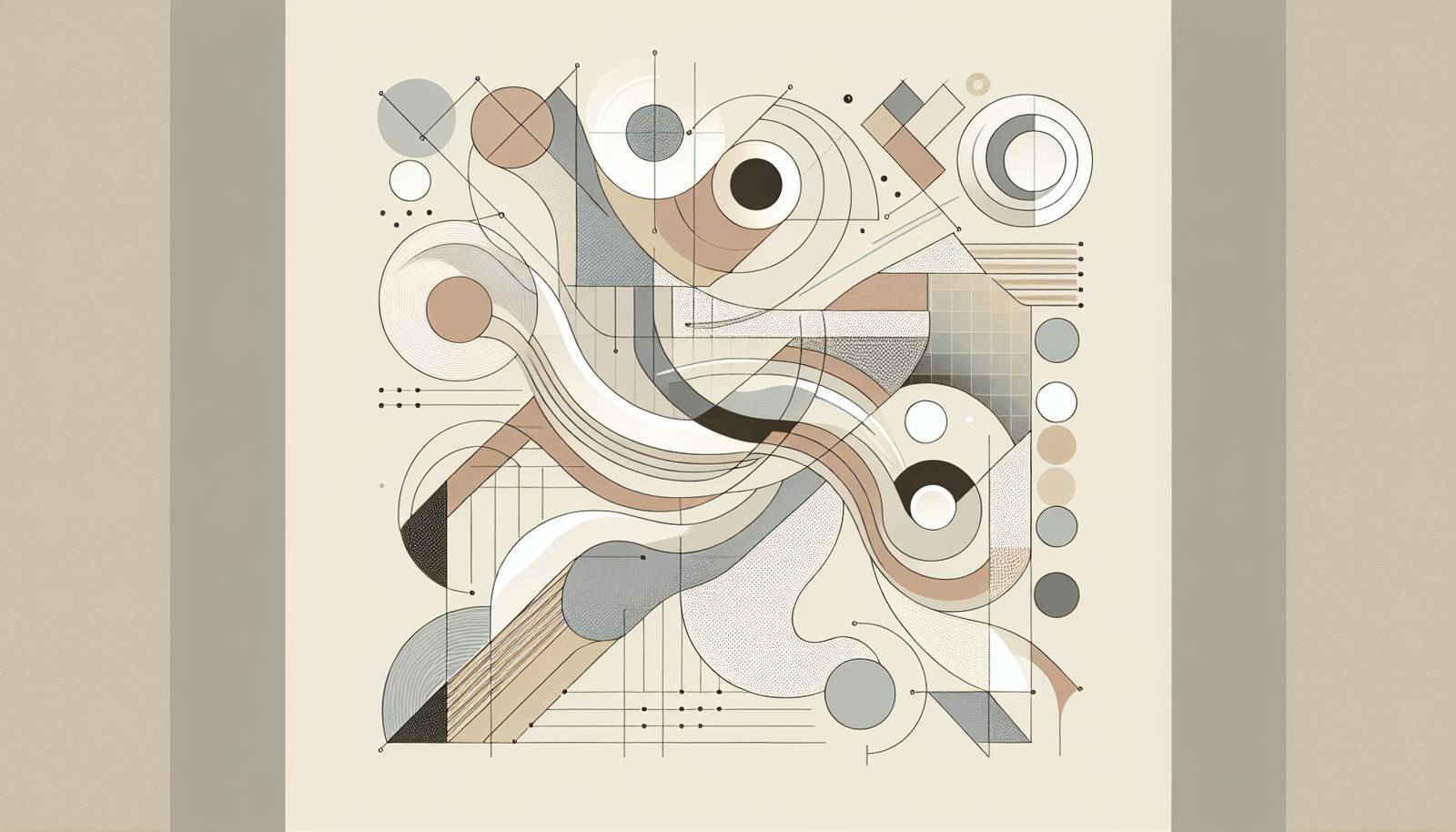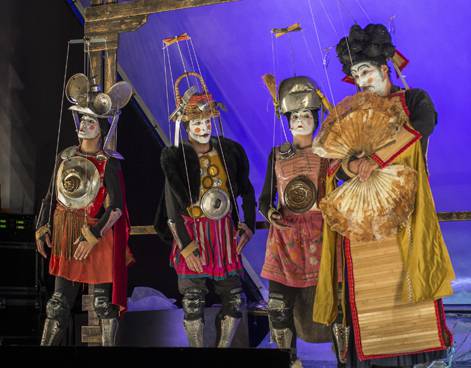
FAQ About The Impact of Avant-Garde Theater on Mainstream Performance

What is avant-garde theater?
Avant-garde theater is a performance art that challenges traditional theatrical conventions. It often features experimental techniques, non-linear narratives, and innovative use of space and technology.

How has avant-garde theater influenced mainstream performance?
Avant-garde theater has pushed boundaries, inspiring mainstream theater to experiment with new narrative structures, staging techniques, and acting styles. This cross-pollination has led to more dynamic and varied performances in mainstream theater.

Can you give an example of an avant-garde technique adopted by mainstream theater?
One example is the use of non-linear storytelling, seen in productions like "Pulp Fiction" and "Memento." This technique, frequently used in avant-garde theater, challenges traditional narrative forms and has become popular in mainstream productions.

Why is avant-garde theater considered influential?
Avant-garde theater's commitment to innovation and challenging norms encourages creativity and evolution in theater arts. This influence is seen in how mainstream theater continually adapts to incorporate new ideas.

What are some characteristics of avant-garde theater?
Characteristics of avant-garde theater include unconventional storytelling, breaking the fourth wall, minimalistic or non-traditional set designs, and engagement with abstract concepts and themes.

How have acting styles evolved due to avant-garde theater?
Avant-garde theater has introduced more expressive and spontaneous acting styles in mainstream theater, moving away from rigid methods to more improvisational and naturalistic performances.

What role does technology play in avant-garde theater?
Technology is often integral to avant-garde theater, with innovative uses of lighting, projections, and soundscapes to create immersive and interactive experiences, influencing mainstream productions.

Has avant-garde theater been incorporated into other artistic mediums?
Yes, elements of avant-garde theater have been incorporated into film, television, and digital media, where experimental techniques and bold narratives continue to push artistic boundaries.

What is the historical significance of avant-garde theater?
Historically, avant-garde theater emerged as a response to cultural and social changes, seeking to challenge the status quo and offering new ways of storytelling that influence contemporary theater and performance art.

How do audiences typically respond to avant-garde theater?
Audiences may have mixed reactions to avant-garde theater due to its experimental nature. Some find it invigorating and thought-provoking, while others may find it abstract and challenging to interpret.

What are some famous avant-garde theater productions?
Notable avant-garde productions include "The Living Theatre," "The Wooster Group," and "Forced Entertainment," all known for their experimental approach and groundbreaking performances.

How has avant-garde theater affected narrative forms?
Avant-garde theater has expanded narrative forms by incorporating fragmented narratives, audience interaction, and multiple perspectives, influencing how stories are presented in mainstream theater.

What is 'breaking the fourth wall' in avant-garde theater?
'Breaking the fourth wall' refers to techniques where actors communicate directly with the audience, disrupting the separation between actors and the audience, a common avant-garde technique now used in mainstream shows.

What influence has avant-garde theater had on set design?
Avant-garde theater has introduced unconventional set designs, often using minimalist or abstract elements that focus on symbolism rather than realism, influencing contemporary set designs in mainstream theater.

Are there any notable avant-garde theater directors?
Directors like Robert Wilson, Peter Brook, and Richard Foreman are key figures in avant-garde theater known for their innovative approaches and profound impact on theatrical practices.

What challenges does avant-garde theater pose to mainstream practices?
Avant-garde theater challenges mainstream practices by questioning established norms and encouraging risk-taking, which can be both a source of innovation and a challenge in maintaining commercial profitability.

How accessible is avant-garde theater to the general public?
Avant-garde theater can be less accessible due to its abstract nature and niche appeal, often attracting audiences who are interested in artistic experimentation and unconventional narratives.

In what ways has avant-garde theater influenced contemporary playwrights?
Contemporary playwrights often draw from avant-garde techniques by experimenting with structure, language, and multimedia elements to explore complex themes and push the boundaries of storytelling.

Has avant-garde theater influenced acting training and education?
Avant-garde practices have been integrated into acting education, encouraging actors to explore physicality, emotional expression, and spontaneity beyond conventional acting methods.

How do mainstream theater companies incorporate avant-garde elements?
Mainstream companies often incorporate avant-garde elements by adopting experimental approaches in staging, using multimedia, diverse narratives, and engaging audiences beyond the traditional theater experience.
